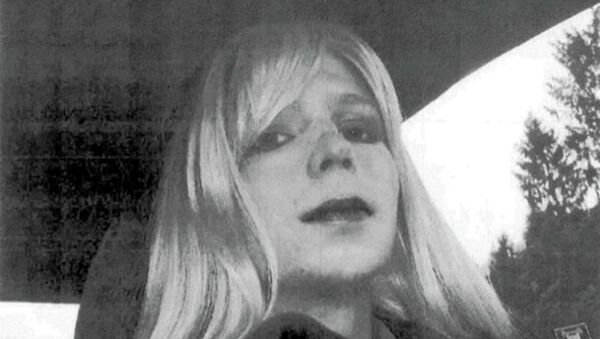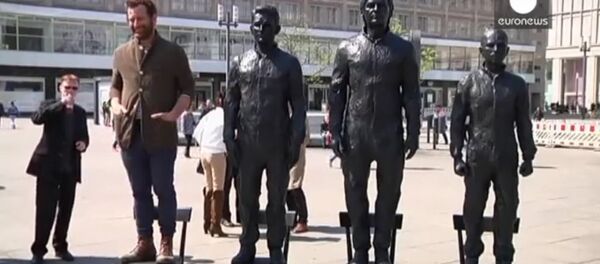A charge sheet posted by the American Civil Liberties Union (ACLU) states that Manning is under investigation for "conduct which threatens," "resisting the force cell move team," and "prohibited property." She has been active on social media in the weeks since, thanking her advocates for their continued support.
Activists and civil liberties organizations have expressed outrage of Manning’s treatment in prison since she first arrived in 2010. She has been subject to extended solitary confinement periods, denied basic accommodations, like eyeglasses, and has been stripped naked in her cell on a nightly basis.
Former State Department spokesman P.J. Crowley said in 2011 that Manning’s treatment in prison was, "ridiculous, counterproductive and stupid."
After a United Nations special rapporteur on torture completed a 14-month investigation into Manning’s treatment, the UN concluded that the US government was subjecting her to, "cruel, inhuman and degrading treatment," particularly through the use of prolonged periods of solitary confinement. Heavy-handed government tactics have lead many to suspect that Manning is being made an example of, as a means to deter potential whistleblowers.
ACLU attorney Chase Strangio said in a statement, "The government has long been aware of Chelsea’s distress associated with the denial of medical care related to her gender transition and yet delayed and denied the treatment recognized as necessary…Now, while Chelsea is suffering the darkest depression she has experienced since her arrest, the government is taking actions to punish her for that pain. It is unconscionable and we hope that the investigation is immediately ended and that she is given the health care that she needs to recover."
When Manning first entered her guilty plea in 2013 she released a statement asking to be pardoned, explaining that her actions were motivated by outrage after discovering the details of US torture and murder of civilians in Iraq. She said, "It was not until I was in Iraq and reading secret military reports on a daily basis that I started to question the morality of what we were doing. It was at this time I realized in our efforts to meet this risk posed to us by the enemy, we have forgotten our humanity. In our zeal to kill the enemy, we internally debated the definition of torture. If you deny my request for a pardon, I will serve my time knowing that sometimes you have to pay a heavy price to live in a free society."



